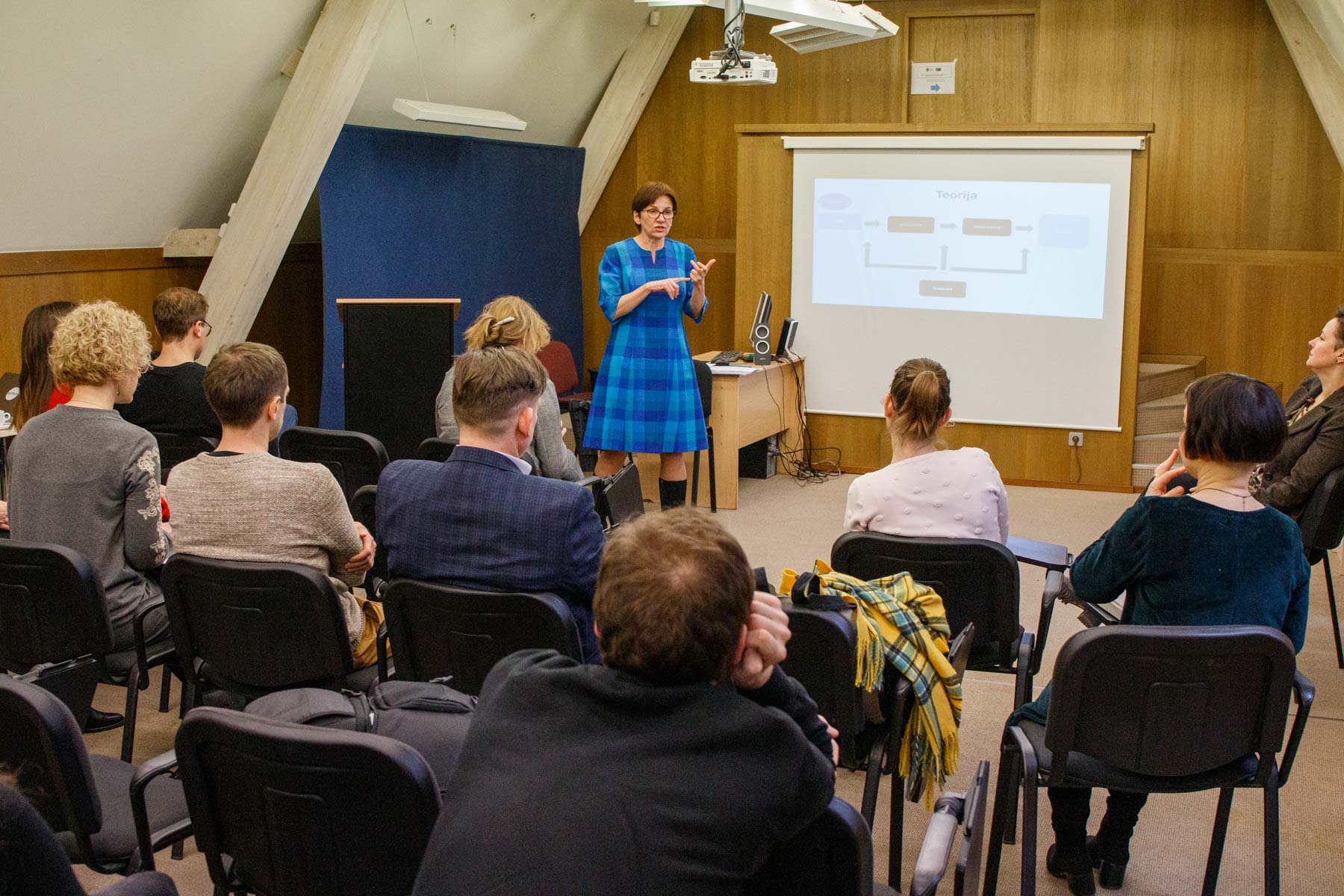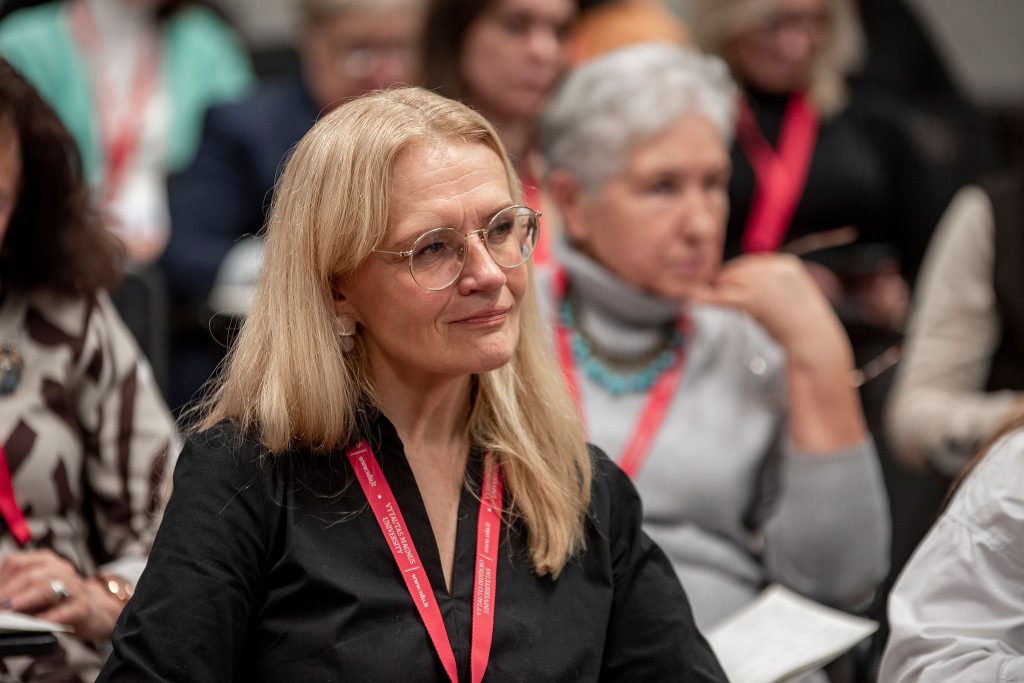 Back
Back

The Baltic Center for Media Excellence (BCME) together with Lithuanian researcher Dalia Bankauskaitė presented an overview of the Lithuanian media literacy sector and policy – a comprehensive compendium of media literacy policy, active actors and funding schemes – which was prepared based on the expert insights of professor Auksė Balčytienė, head of the DIGIRES association.
The study “ML Mapping – Lithuania 2022” reviews the Lithuanian media and information literacy (MIR) policy of the last three years, indicates gaps and possible interdisciplinary synergies as well as trends in the development of MIR competences.
“Historically, MIR has always been on Lithuania’s strategic agenda, although setting priorities of its competence development has changed, depending on the domestic and foreign policy situation. Currently, public MIR skills in Lithuania are described as a competitive advantage of the state – public MIR competences significantly contribute to the competitiveness of the country’s economy, the development and sustainability of digital infrastructure, the growth of culture and the development of a resilient society as an integral part of global defense”, says scientist D. Bankauskaitė.
The researcher says that, interviewed experts and representatives of state institutions emphasized the interdisciplinary and cross-sectoral nature of media literacy and the need for a consolidated, consistent and long-term MIR policy. “Currently, MIR is being developed in three areas of Lithuanian life: in education – new general training programs have been introduced; in culture – the library network is authorized to conduct MIR trainings for the public, and culture sector – to solve MIR issues in art and mass media; in national security – the aim is to strengthen society’s resilience and defense readiness”, says D. Bankauskaitė.

According to prof. A. Balčytienė, who provided expert insights for the study, it can be seen from this review that a wide variety of institutions and organizations are involved in the development of media literacy in Lithuania: ministries, non-governmental organizations, the media, creative industries, various research and analysis centers, and each of them uses its own access to substantiate the relevance of media literacy and to organize activities.
“Media literacy is associated with the paradigm of critical thinking, and in recent documents such a concept is supplemented with the necessity of active (civic) activity. On the one hand, seeing such diversity, it is important to celebrate the activities and their high quality. However, I would call the biggest gap the fact that in Lithuania all these activities work in the mood of a short-term effect. In other words, there is a lot of talking, a lot of trainings, activities and public surveys, but there is a lack of direction”, says A. Balčytienė.
As the scientist says, the consequence is that many projects are duplicated, trying to reach and organize activities to the same groups of society. “You can see a lot of repeated initiatives, but no cooperation between their organizers. Without a strategic goal to capture all the knowledge in “one hand”, we are loosing the opportunity to cultivate broad coverage media literacy experience that would strategically lead towards a resilient society and a sustainable democracy. Forming such a goal means taking responsibility”, says A. Balčytienė.
According to the professor, the DIGIRES association has such a goal – to bring together experts and organizations working in similar topics of media literacy, digital resilience of society, and the development of sustainable democracy. “I believe that the insights and long-term research of scientists from various disciplines (communication, linguistics, psychology, political science, information technology science, anthropology, etc.) directed towards the strategic goal of capturing, analyzing and explaining the rapidly changing digital reality could be what we are lacking in the public politics of modern Lithuania”, says prof. A. Balčytienė.
The study “ML Mapping – Lithuania 2022” was commissioned by the Baltic Center for Media Excellence (BCME).